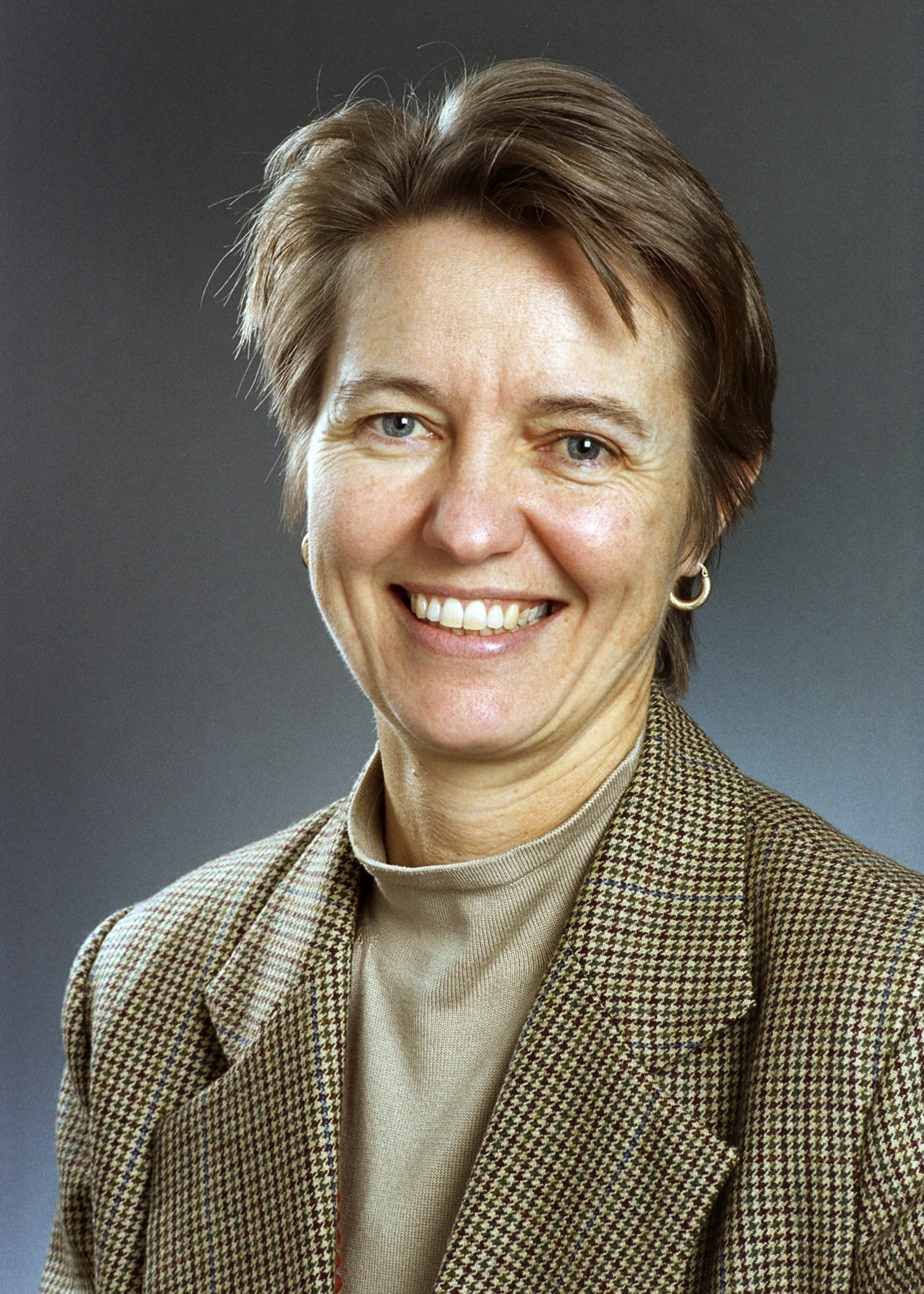Only 14 percent of individuals in Idaho discuss end-of-life care with their primary care physician, although 59 percent would prefer that their health care provider initiate conversations with them about dying and death, according to a recent survey conducted by the Center for the Study of Aging at Boise State University.

“We know that the vast majority of adults say they would prefer to die at home, yet nationwide data shows that only about one-third of Medicare beneficiaries age 65 and older died at home,” said Sarah Toevs, director of the Center for the Study of Aging. “Idahoans are also very concerned about being a financial burden to their families at the end of their life with over 80 percent of respondents from the 2018 survey expressing this as a significant concern.”
The statewide survey, conducted spring of 2018, was designed to capture Idaho-specific information to help service providers, policymakers and concerned citizens better understand how to meet the needs of people near the end-of-life. The survey was distributed to a random sample of 4,000 adults ages 35 years and older who lived in private residences in Idaho. The sample was comprised of equal numbers of men and women, and represented the geographic distribution of the population across the state of Idaho. Of the 4,000 surveys mailed, 827 of those, or 21 percent, were returned with the survey form partially or fully completed – a response rate consistent with similar national surveys.
The 2018 survey followed up on a similar survey conducted in 2006. The current survey illustrates the strong preferences that Idaho residents have about their own end-of-life care. However, residents lack information and experience barriers to realizing their wishes or specific needs. The report outlines actions to address significant issues that remain a challenge to Idaho professionals and the public.
While more Idahoans surveyed in 2018 indicated they knew about advanced care planning strategies, such as health care proxies and living wills, when compared to previous years’ surveys, less than 50 percent of respondents had taken steps to complete these arrangements.
The significance of communication about end-of-life preferences was well captured from an anonymous survey respondent. “Not being able to communicate my wishes or needs to family and friends is worse than death,” one respondent stated.
“Idaho, as in many other states, lacks an effective system for storing and accessing advanced care directives,” Toevs said. “This lack of information can lead to a person receiving aggressive and often expensive care even though that may not be what the person wants.”
The survey was a collaboration between Boise State, Patient-Centered Outcomes Research Institute and the Pipeline to Proposal Awards, and its sponsors include Honoring Choices Idaho, Boise State’s School of Nursing, Saint Alphonsus Health System and St. Luke’s Health System.
Individuals who want to learn more about advance care planning in Idaho are encouraged to contact Honoring Choices Idaho.